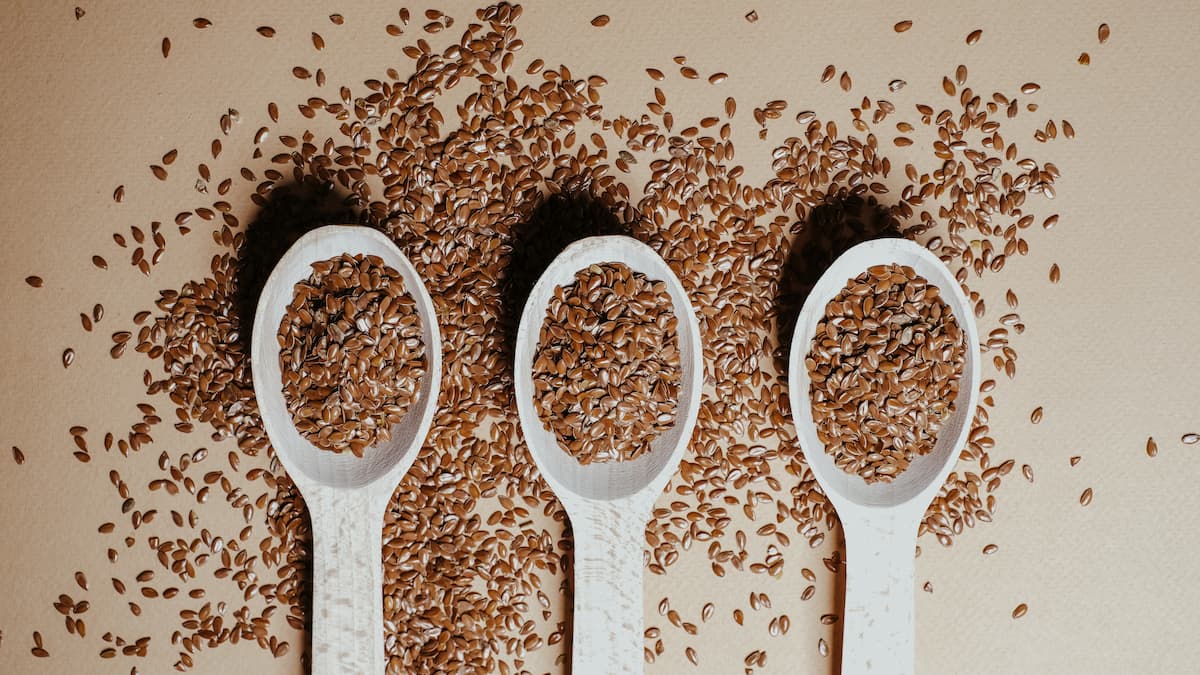Month: May 2022
-
Flaxseed (Linseed) Health Benefits
Introduction The Health Benefits of Flaxseed are many and its beneficial effects on hormone-dependent tumors make it a superfood. Also, it is one of the richest dietary sources of lignan precursor, the polyphenol compound that prevents many diseases, and omega-3 fatty acids that are essential for the healthy functions of the body. Moreover, the nutrition…
Written by

-
5 Top Healthiest Nuts for Your Diet
Overview Nuts are one of the most nutritious foods on the planet, and they have been part of the human diet for a long time. They are small but powerful. Every nut has a unique taste and a slightly different nutritional profile, but all nuts are plant-based protein sources, healthy fats, and essential vitamins and…
Written by


